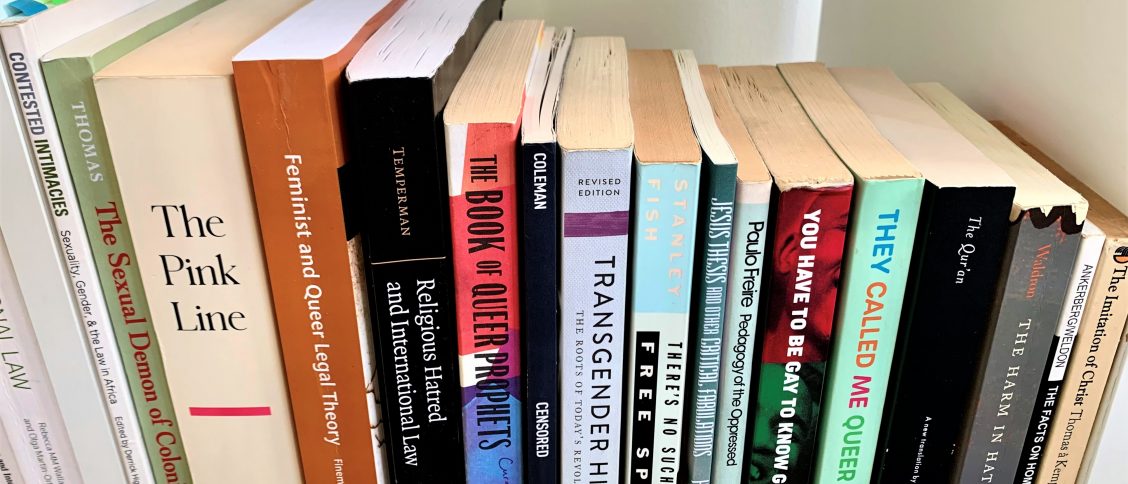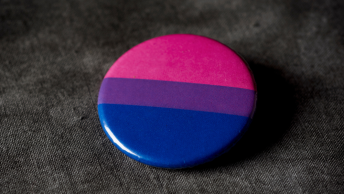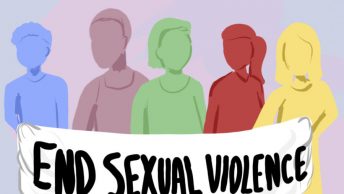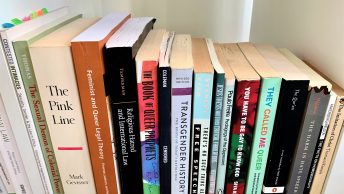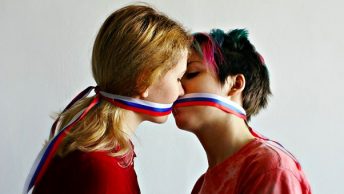Before I get into the third installment of this series, I’d like to do a brief recap. So far, we’ve spoken (I’ve written, you’ve read) about international human rights law (IHRL) with specific focus on the right to freedom of expression, the right to manifest religion, and their potential overlap with hate speech regulation. In the first installment, I put forward that nowhere in IHRL is hate speech explicitly mentioned. However, throughout this series I’ve also argued that the restrictions clauses of both rights lead us to a potential avenue in order to legitimately restrict religiously motivated hate speech which targets queer persons.
Now I’d like to talk about why the focus on queer persons as the targets of such speech.
Firstly, as mentioned before, my use of the term queer, as opposed to LGBTIQ+, or any other term, is deliberate. I do this in order to avoid essentialism and to use an inclusive descriptive term which isn’t necessarily culturally restrictive.[1] Within the international human rights world, particularly in discussions at the United Nations or other similar platforms, often focus is on SOGI[2] or LGBT+ rights. However, for me, I find it frustrating the emphasis on rights – rather than the people to whom the rights are bestowed (or deprived).
Hence, when debates surround “gay rights” or “trans rights” (even queer rights), I find it too slippery a slope in providing opposing forces with fuel to their fire that there is an agenda to create a new set of human rights. Rather, what I’m working on is emphasizing that there are fundamental human rights, which, due to certain principles – universality, equality, non-discrimination – all people are entitled to.
All people are entitled to all of their rights – to have them recognised, realized, and protected – because they are human.
Whereas in creating emphasis on certain rights – we are emphasizing and isolating people from something that shouldn’t be a negotiation to begin with.
Whilst being the target of hate speech in the simplest circumstance is a horrible occurrence, one’s access to recourse will be dependent on where they are in the world. Racist, anti-Semitic, Islamophobic and sexist hate speech are arguably the most commonly recognised and socially condemned causes of hate speech. Anti-queer rhetoric is still site of contention in many places globally.
Moreover, religiously motivated hate speech, historically, has been considered in clashes of religion, and or where the targets of the hate speech are targeted because of their religion (i.e., anti-Semitic speech targeting Jewish people or Islamophobic speech targeting Muslim people).
So what about religiously motivated hate speech against queer people? Back to my point above, when hate speech targets queer persons (even to the extent of depriving them of human rights protection), many proponents argue that they are exercising their right to free speech with regards to the queer ‘ideological movement’ and not against any individuals per se. Proponents argue that “gender ideology” and the “homosexual agenda” represent specific choices which, in their opinion, threaten the social fabric and functioning of society and are aiming to create a new set of human rights. They clearly distance themselves from the fact that they are targeting human beings and thus depriving them of fundamental human rights.
The contentious nature to which sex and gender are treated in many religions make the lived experiences and protection of queer people precarious. However, just as a religious belief is no longer justification to be racist, I simply put forward that one’s sexual preferences or gender identity are similarly not open season for discrimination. However, unlike racist hierarchy which is (continuously) debunked and fought – heteronormativity – in religions and elsewhere – is still very much prevalent and authoritative. And I think that’s where we really need to look to change things.
[1] Categorisation as lesbian, gay, bisexual or transgender can be burdensome and it is worth noting the criticism that has come about regarding how certain narratives of the Global North fail in other parts of the world as they do not take into account the cultural differences that exist in multicultural/cross-cultural countries. Accordingly, forcing the identification of being “LGBT” in certain places can do more harm than good. See further: D Clarke “Twice removed: African invisibility in Western queer theory” in E Ekine & H Abbas (eds)
Queer African Reader (2013) 182.
[2]Sexual orientation and gender identity
Tegan Snyman (she/her) is a South African PhD candidate currently living and researching in the Netherlands, at Erasmus University Rotterdam. She is a Horizon 2020 Marie Sklodowaka-Curie Fellow in the ITN NETHATE and currently interning at IHLIA. In her blog post series, she hopes to discuss findings and challenges of her research project, (working title): “Religiously motivated hate speech targeting queer persons: an international human rights law analysis”.

